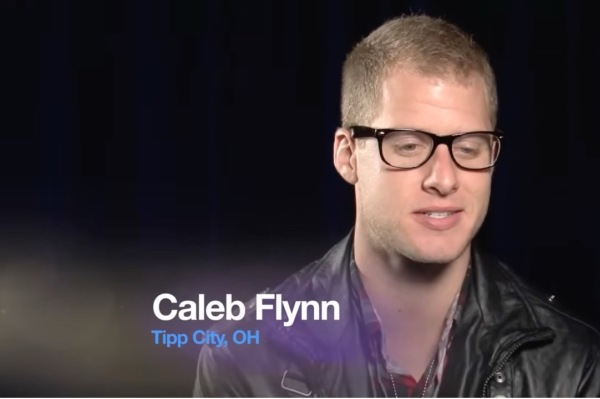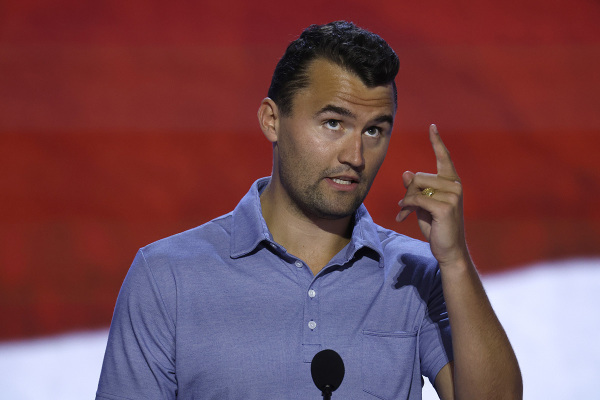So. Baptists Adopt Major Changes to Tackle 'Lostness'
After nearly two hours of debate, Southern Baptists on Tuesday overwhelmingly adopted major changes to tackle shrinking membership and to penetrate the "lostness" of the world.
"Southern Baptists have made it clear that they are willing to make hard choices and try new strategies to reach the world for the Gospel," Ed Stetzer, president of LifeWay Research of the Southern Baptist Convention, told The Christian Post.
"We are at a critical point, with an aging and declining membership, and I think this whole conversation is birthed because Southern Baptists want to be faithful in evangelism and church planting for decades to come."
During the denomination's annual meeting in Orlando, Southern Baptist delegates (or messengers) were presented with seven recommendations by the Great Commission Resurgence Task Force.
The panel, appointed by outgoing SBC president Johnny Hunt, was charged last year to bring a report and recommendations to the denomination concerning how Southern Baptists can work more faithfully and effectively together in serving Christ through the Great Commission. A progress report was released for review in February. After receiving feedback from the denomination, a final report was released in May.
With membership having fallen for three consecutive years and baptism numbers smaller than they were half a century ago when there were 17,000 fewer churches, many Southern Baptist leaders have sounded the alarm and said the SBC – the largest Protestant denomination in the country – is at a crisis.
The task force outlined not only the dismal statistics within the denomination but also the overwhelming lostness of the world in its report, revealing that some 6 billion of the 6.8 people in the world are without Christ and over 3.5 billion have never heard the Gospel. In North America alone, 258 million are lost.
"How do we say no to a Great Commission calling when we have 6 billion people in the world who need Christ?" Dr. Ronnie Floyd, chairman of the task force, posed to more than 10,000 messengers Tuesday. "How can we be content when we are baptizing one half of the teenagers we baptized in 1972?
"We need to return to a conviction that Jesus Christ is the only way to salvation. Apart from faith in him ... people perish and spend eternity in hell."
Change, Floyd said, is inevitable and imperative.
For James Merrit, senior pastor of Cross Pointe Church in Duluth, Ga., adopting the recommended changes meant turning the titanic away from the "iceberg of declining baptisms, diminishing missions and what is becoming a dead orthodoxy" to the "same voyage than an apostle named Paul took 2,000 years ago into a world of ... darkness."
"If you think that doing the same thing in the same way is going to get different results then by all means vote against this report," he said during the floor debate. "If you think we can once again rise to the occasion and we can sail into a world in the 21st century that is more lost than it's ever been and we can once again become the greatest evangelistic force for the Gospel this world has ever seen I encourage you to vote for this report."
Not all were ready to embrace the changes.
Morris Chapman, president and chief executive officer of the SBC Executive Committee, opposed some of the task force's recommendations and told messengers before the vote that the changes would bring more confusion and chaos to the convention.
He was particularly against a recommendation that allows Southern Baptists to give directly to missions rather than solely through the Cooperative Program, which was launched in 1925 to enhance and channel giving to missions and to other denominational programs and entities.
SBC messenger John Waters, pastor of First Baptist Church in Statesboro, Ga., also disapproved of what he saw as "elevating designated giving" and "diminishing the Cooperative Program."
His proposal to add the language "to continue to honor and affirm the Cooperative Program as the most effective means of mobilizing our churches and extending our outreach" and "we affirm that designated giving to special causes is to be given as a supplement to the Cooperative Program and not as a substitute for Cooperative Program giving" was approved.
SBC messengers overall expressed an eagerness to adopt the Great Commission Resurgence report.
Responding to a proposal to postpone the report indefinitely, Floyd said, "We are absolutely confident that the messengers of the Southern Baptist Convention meeting in 2010 in Orlando, Fla., did not come here to leave and do nothing more than what we're doing about the Great Commission."
His comment was greeted by loud applause and the proposal was voted down.
The seven recommendations adopted include: a call to restate clearly the SBC's mission of presenting the Gospel of Jesus Christ to every person in the world and to making disciples of all the nations; a call for a healthy and Christ-centered culture of trust and unity; a call for more sacrificial giving to the Cooperative Program and other special causes; a call to the North American Mission Board to make church planting and penetrating lostness its priority; a removal of geographic limitations that would allow the International Mission Board to reach unreached groups around the world, including North America; a call to the Executive Committee to work with state conventions in promoting the Cooperative Program; and raising Cooperative Program allocation to the IMB from 50 to 51 percent.





















